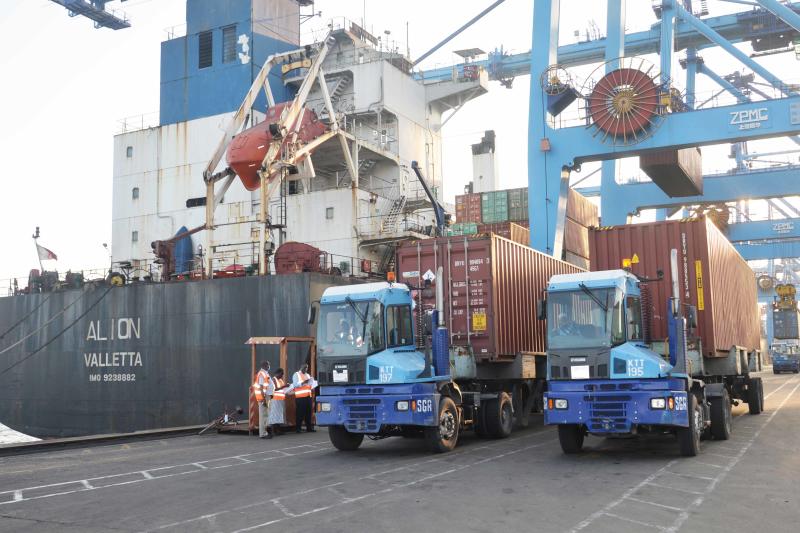×
The Standard e-Paper
Kenya’s Boldest Voice

Kenya Ports Authority gantry cranes offload containers from a ship and onto trucks. [Maarufu Mohamed, Standard].
Kenya Ports Authority (KPA) has slapped importers with a 20 per cent increase in tariffs, which is expected to raise the cost of imports.